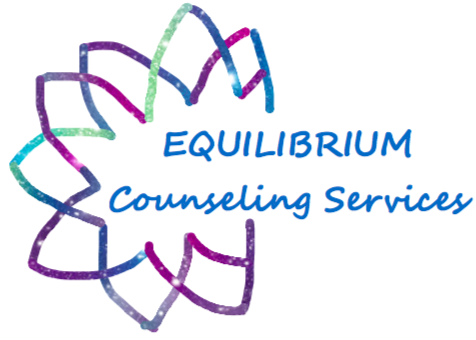Getting Angry at Diet Culture
Body image refers to how you think and feel about your body. It’s fair to assume that humans start out life feeling neutral about our bodies, likely only thinking about them in the sense of what they can do or the weird stuff that happens to them. Take a moment to consider how you feel and think about your body now. Are judgements coming up? Do you wish you looked different? Do you remember when you first started to feel that way?
I spend a lot of time talking with my clients about how they have come to hold the beliefs about their body that they do. In a world that values able-bodied, thin, white, cisgender bodies over other bodies, it’s easy to imagine that many people learn from an early age that their body is wrong. Lived experiences of prejudice based on ability, body size, race, sexual orientation, and gender identity inform our thoughts and feelings about our bodies in a powerful way. Many clients also recognize the impact of diet culture, a pervasive system that profits off of making us feel insecure about our bodies. Diet culture tells us that the most important thing in life is to be thin, and promotes unhealthy food restriction and obsessive exercise in order to achieve thinness. Diet culture is everywhere; from the shows we watch on tv, the nutrition classes we are required to take at school, to perhaps even the ways in which our family members talk about their own bodies. In many ways, it feels impossible to escape.
Lived experience of prejudice and the impacts of diet culture are just a couple of things that I often discuss with clients around the topic of body image, but there are countless other unique and complex ways in which life experience informs the ways we think and feel about our bodies. In addition to processing the origin of your body image distress with a safe and trusted person, there are many tools to help manage the impact of body image distress. One of my favorite tools is to practice redirecting the anger you feel at your own body to diet culture and other systems that uphold the belief that your body is “wrong”. Who says your body needs to change? Why do they have so much power?
If you are interested in learning more about body image in a group setting, join me for our Body Acceptance group starting next week. You can learn more and sign up here.
